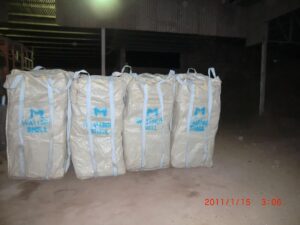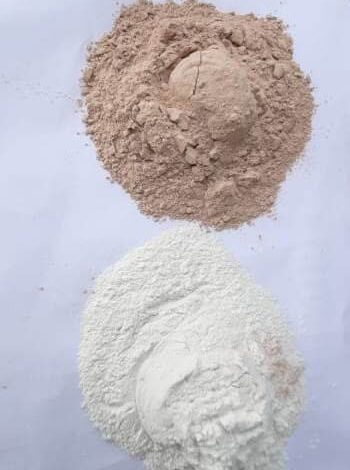Opportunities for Buyers and Suppliers
Asia is home to some of the world’s richest mineral resources, making it a key hub for global trade. From coal and iron ore to rare earth elements and industrial minerals such as barite, gypsum, and bentonite, the region supplies a vast share of international demand. The biggest mineral market in Asia offers tremendous opportunities for manufacturers, exporters, and end users. Understanding how this market operates helps businesses secure reliable sources and competitive pricing.

Why Asia Leads the Global Mineral Market
Asia dominates the mineral sector for several reasons. First, it has abundant natural reserves, particularly in countries like China, India, and Indonesia. Second, its large-scale industries, including steel, construction, and energy, create consistent demand. Furthermore, Asia’s well-developed logistics and port networks make exporting and importing more efficient compared to other regions.
Key minerals in the Asian market include:
-
Iron ore and coal – essential for steel and energy industries
-
Industrial minerals – barite, gypsum, bentonite, and talc
-
Precious metals – gold, silver, and platinum
-
Rare earth elements – critical for electronics and renewable energy technologies
Because of this variety, Asia has become the world’s most influential mineral marketplace.
Biggest Mineral Markets in Asia by Country
1. China
China is not only the world’s largest producer of coal and rare earth elements but also a major importer of iron ore. Its industries rely heavily on both domestic mining and global sourcing.
2. India
India is a leading supplier of iron ore, barite, and bentonite. Its mineral exports play a vital role in supplying oil, gas, and construction industries across the globe.
3. Indonesia
Indonesia dominates coal and nickel production. With the growing demand for stainless steel and electric vehicle batteries, Indonesia’s mineral market is expanding rapidly.
4. Other Key Players
Countries like Kazakhstan, Pakistan, and Vietnam contribute with gypsum, chromite, and other industrial minerals. These regions are becoming more important as global demand rises.
Commercial Benefits of the Asian Mineral Market
The Asian mineral market provides clear advantages for businesses worldwide. First, competitive pricing allows importers to source high-quality minerals at cost-effective rates. Second, the diverse supply base ensures stability, reducing risks of shortages. Third, strong logistics infrastructure supports large-scale exports, making trade efficient.
For suppliers, Asia represents a vast buyer network, while for importers, it guarantees consistent access to raw materials essential for industries like steelmaking, energy, ceramics, and drilling.
Future Outlook of Asia’s Mineral Market
As industrial growth accelerates in Asia, mineral demand will continue to rise. Infrastructure projects, renewable energy development, and advanced manufacturing all require steady mineral supply. Moreover, with the shift toward sustainability, Asian markets are also focusing on eco-friendly mining and cleaner processing methods.
Therefore, businesses that invest in building relationships with suppliers in the biggest mineral market in Asia will secure long-term advantages.

